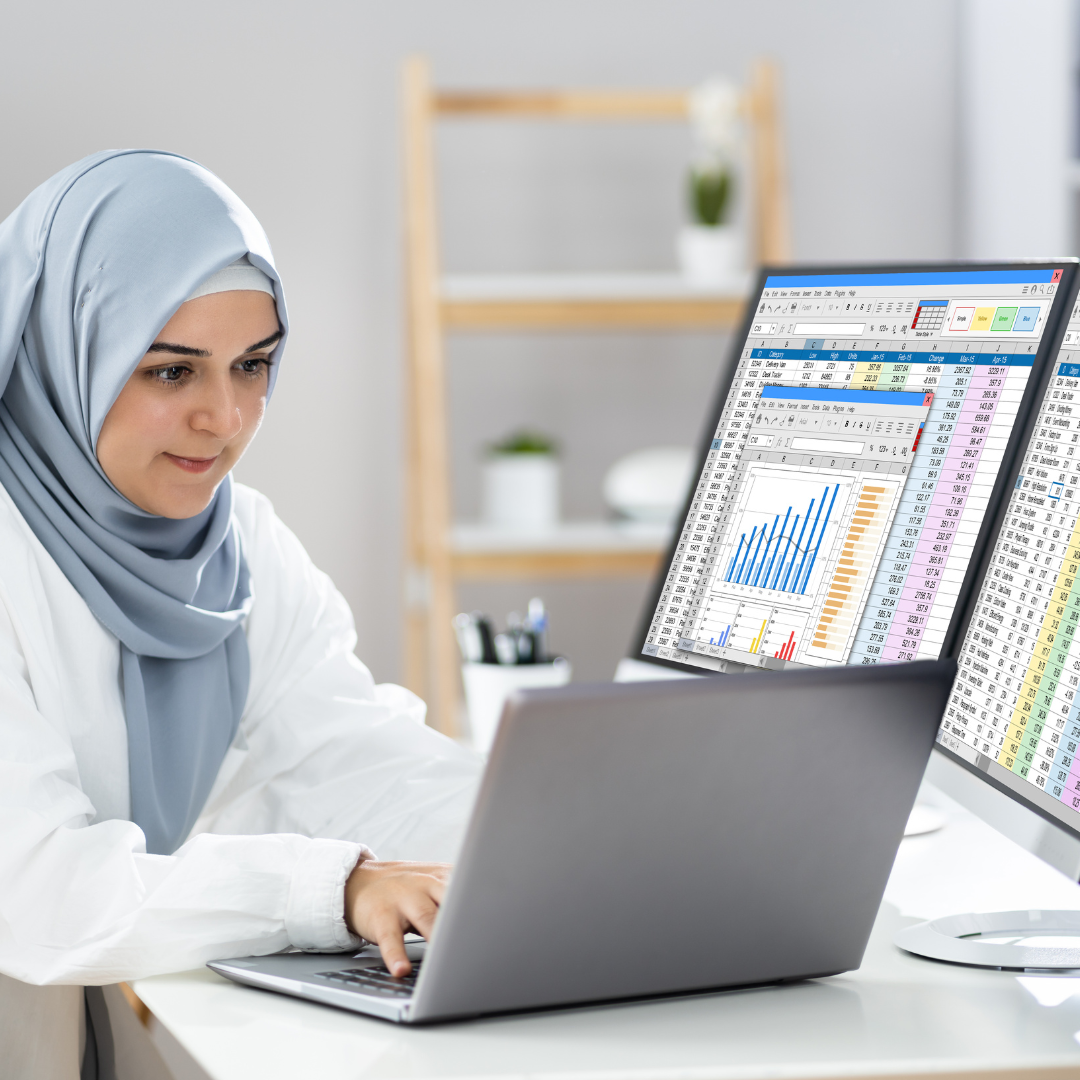- News & Blog
- Improving Laboratory Efficiency with Technology
Improving Laboratory Efficiency with Technology
Last November, Medicare announced a significant cut in reimbursements to clinical labs for medical tests performed in 2018. This cut adds to the financial challenges faced by today's clinical labs. These labs struggle to keep up with the increasing volume of tests needed for accurate diagnoses. Rising costs, decreasing reimbursements, and a substantial commoditization of the services they provide further compound these challenges.
The usual approach to cost management often involves cutting services or reducing customer-centered activities. However, in the face of similar tests being performed using similar equipment and materials, offering strong customer service alongside rapid and accurate test results becomes crucial for labs to stand out and remain competitive.
So, how are top labs navigating through this uncertain environment where efficiency is paramount?
A good starting point is to focus on three key areas: people, process and tools.
- People:
People are at the heart of lab performance. Ensuring you have the right people performing the right tasks is essential. This involves evaluating human resources, services offered, turnover rates, and training needs to improve efficiency. - Processes:
In addition to having the right people, optimizing lab performance requires solid processes based on best practices. Automated systems can handle client supply needs, specimen tracking, and contract management. These systems enable better business decisions related to supply distribution, transportation options, and specimen tracking, leading to increased efficiency and customer satisfaction. - Tools:
The availability of supporting technology and tools to optimize processes and reduce costs has never been greater. Technology can manage specimen collection kit supply processes, track client inventory, and optimize specimen transportation, leading to increased efficiency and cost savings.
For example, leveraging technology for courier management can improve courier utilization, reduce labor expenses, and provide real-time tracking of supply orders and specimen pickups. Real-time multi-carrier tracking and reporting enable better monitoring and response to immediate issues, while advanced RFID technology ensures better specimen tracking and integrity.
Integrated platforms that offer end-to-end specimen management are the ultimate solution for efficiency. They provide better visibility, aid decision-making with real-time reporting and analysis, and free up time for other tasks. Integrated solutions drive better reporting, analytics, and ultimately, more efficient decisions.
Cost control will continue to be a challenge for clinical labs. Labs that embrace technology and automation to optimize operations will be better positioned to thrive in the future.
